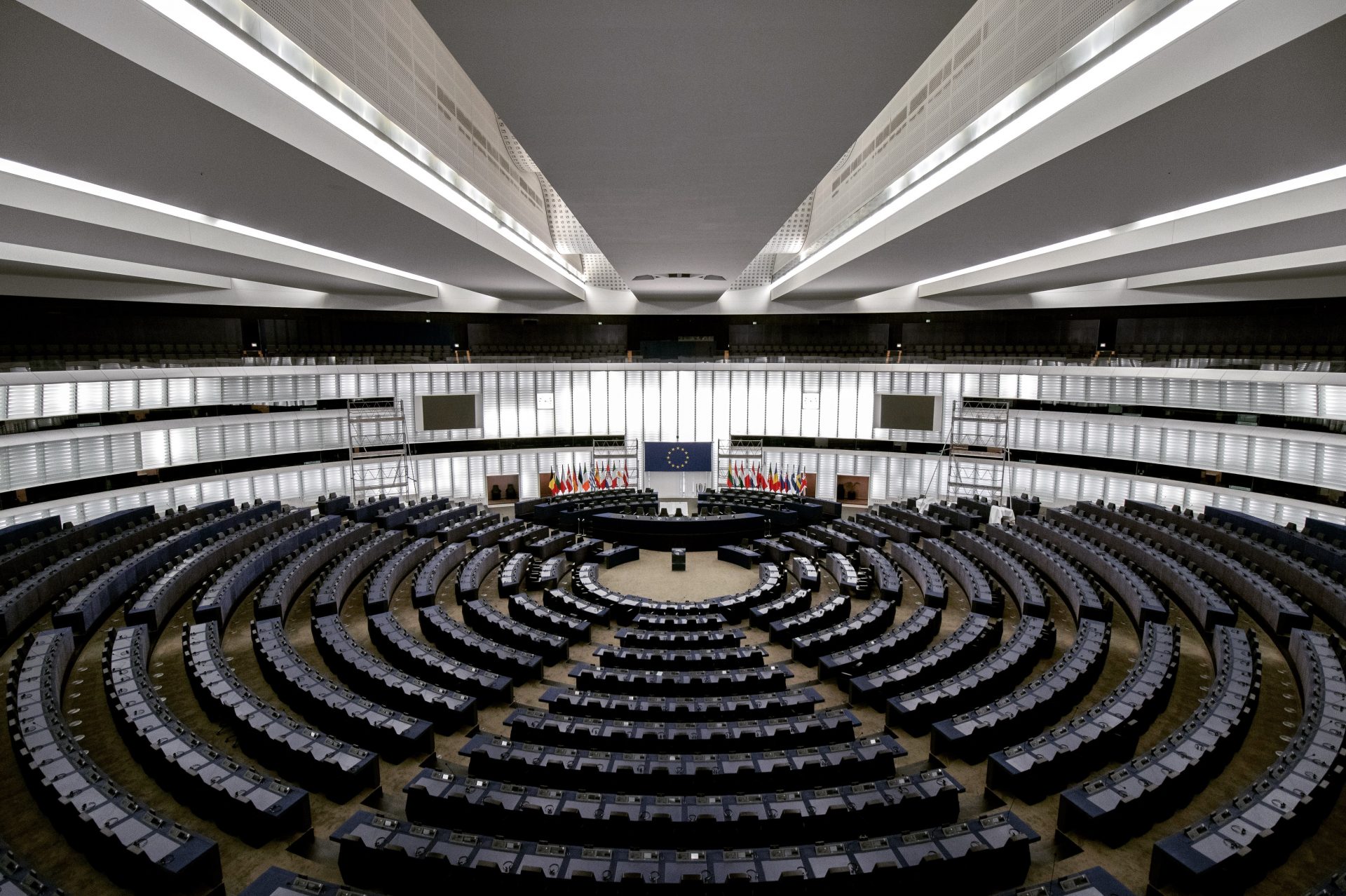DALLAS, Oct. 14, 2020 /PRNewswire/ — Jacobs (NYSE:NYSE:J) was selected to lead an international consortium whose cutting-edge research could lead to extensions in the operational lifespan of nuclear power plants around the world.
The INCEFA-SCALE program (INcreasing safety in nuclear power plants by Covering gaps in Environmental Fatigue Assessment) aims to reduce uncertainties about how critical components will perform when subjected to the harsh conditions inside operational nuclear power reactors.
Although components and materials are extensively tested in laboratories, there are sometimes gaps in understanding the correlation between these tests and actual performance. This can lead to fatigue assessment parameters being set more conservatively than necessary.
The research will fill in those gaps by means of extensive data mining in international fatigue databases and detailed examination of test specimens to improve mechanistic understanding. Greater certainty about component performance will avoid unnecessary closures of nuclear power plants when they are still economically viable and safe to operate.
“By successfully leading this research, Jacobs has demonstrated its capability to knit together an international consortium and to bring together the very best, complementary capabilities,” said Jacobs Critical Mission Solutions International Senior Vice President Clive White. “The European Union has sanctioned this follow-on project while the predecessor project is still live, which testifies to the success of the consortium and the relevance of the study topic to nuclear plant safety and lifetime assessments.”
Operator of the U.K.’s largest independent nuclear laboratory complex in Birchwood Park, Warrington, Jacobs will contribute to multiaxial, thermo-mechanical and complex waveform testing to provide greater insight into the stresses and strains placed on components. This work will complement component scale tests being carried out in the U.S. by the Electric Power Research Institute, in collaboration with INCEFA-SCALE.
The European Union is providing most of the funding for the five-year, $8.1 million INCEFA-SCALE program, which is a continuation of the previous INCEFA-PLUS program, where Jacobs have led a 16-member European consortium since 2013.
At Jacobs, we’re challenging today to reinvent tomorrow by solving the world’s most critical problems for thriving cities, resilient environments, mission-critical outcomes, operational advancement, scientific discovery and cutting-edge manufacturing, turning abstract ideas into realities that transform the world for good. With $13 billion in revenue and a talent force of more than 55,000, Jacobs provides a full spectrum of professional services including consulting, technical, scientific and project delivery for the government and private sector. Visit jacobs.com and connect with Jacobs on Facebook, Instagram, LinkedIn and Twitter.
Certain statements contained in this press release constitute forward-looking statements as such term is defined in Section 27A of the Securities Act of 1933, as amended, and Section 21E of the Securities Exchange Act of 1934, as amended, and such statements are intended to be covered by the safe harbor provided by the same. Statements made in this release that are not based on historical fact are forward-looking statements. We base these forward-looking statements on management’s current estimates and expectations as well as currently available competitive, financial and economic data. Forward-looking statements, however, are inherently uncertain. There are a variety of factors that could cause business results to differ materially from our forward-looking statements, including, but not limited to, the impact of the COVID-19 pandemic and the related reaction of governments on global and regional market conditions and the company’s business. For a description of some additional factors that may occur that could cause actual results to differ from our forward-looking statements, see our Annual Report on Form 10-K for the year ended September 27, 2019, and in particular the discussions contained under Item 1 – Business; Item 1A – Risk Factors; Item 3 – Legal Proceedings; and Item 7 – Management’s Discussion and Analysis of Financial Condition and Results of Operations, and our Quarterly Report on Form 10-Q for the quarter ended June 26, 2020, and in particular the discussions contained under Part I, Item 2 – Management’s Discussion and Analysis of Financial Condition and Results of Operations; Part II, Item 1 – Legal Proceedings; and Part II, Item 1A – Risk Factors, as well as the company’s other filings with the Securities and Exchange Commission. The company is not under any duty to update any of the forward-looking statements after the date of this press release to conform to actual results, except as required by applicable law.
For press/media inquiries:
Kerrie Sparks
214.583.8433
View original content to download multimedia:https://www.prnewswire.com/news-releases/jacobs-to-lead-european-union-funded-nuclear-power-plant-research-301151842.html
SOURCE Jacobs














